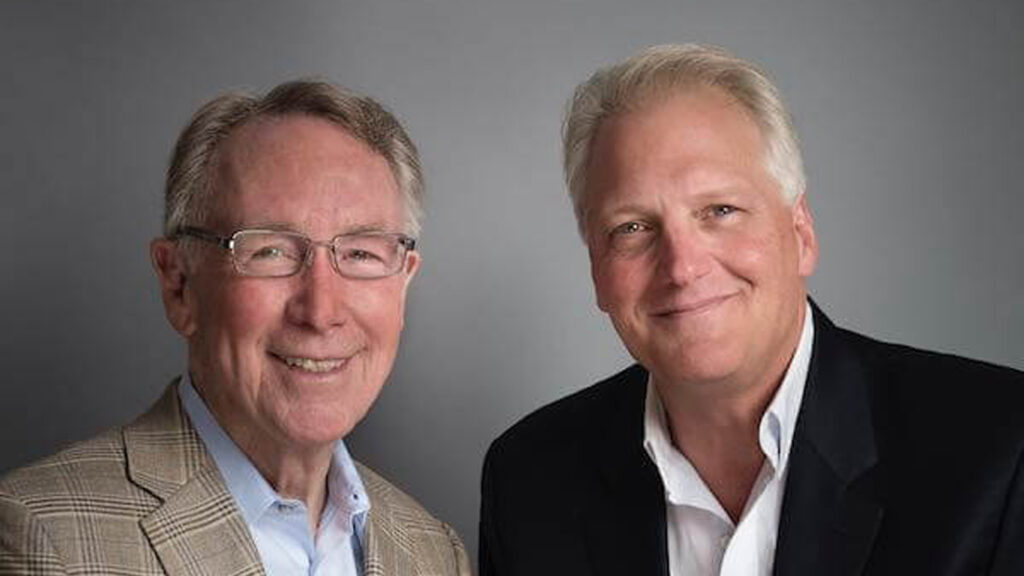RIP Medical Debt is a non-profit that should not need to exist if we had a humane healthcare system. Until then, Jerry Ashton and Craig Antico are heroes to many.
I had the honor of interviewing Jerry Ashton, Co-Founder and Director/Education&Engagement on Politics Done Right a few months ago where he discussed how they liberate people from strangling Medical Debt.
Jerry is the co-author of “End Medical Debt: Curing America’s $1 Trillion Unpayable Healthcare Debt” which reveals the hidden truths behind the crushing medical debt affecting more than 64 million Americans. Ashton also co-authored the book, “The Patient, The Doctor and The Bill Collector: A Medical Debt Survival Guide” with Robert Goff.
When one listens to Jerry, it is clear that RIP Medical Debt solves a problem he believes inflicts a lot of pain on too many people. His passion for removing the stresses of medical debt from Americans is needed now more than ever. With the advent of COVID-19, premiums will see medical debt exploding. That doesn’t include what the future holds for the 24 million people who have lost their jobs – for at least half of them their insurance along with it.
Recently Jerry and Craig were interviewed by The Philadelphia Citizen by Roxanne Patel Shepelavy. She also spoke and wrote about people that RIP Medical Debt helped. It is an article that should be read in its entirety. The concluding two paragraphs are poignant yet hopeful.
There’s the incredible fact that hospitals have lower negotiated rates for those with insurance than those without—so people who already can’t afford insurance are hit with bills sometimes magnitudes higher than those with insurance. “It’s not rich people who are uninsured,” Hoffman notes. And even negotiated rates are inflated compared to the cost of healthcare around the world.
“In other countries, there’s a more rational way of pricing healthcare,” she says. “There, if you’re left with a bill, you can pay for it. Here, you can’t.”
This systemic problem will not be solved by RIP Medical Debt—at least not alone. But the lesson, for and from Ashton and Antico, is that they are not alone in this. They are just one part of a solution making life a little easier for hundreds of thousands of people.
“We’re proof that if you can change one person’s mind, they can go out and do magnificent things,” Ashton says. “It doesn’t have to be us vs. them. We just need key people to make change.”
Yes we need key people. Importantly, as well, we need the movement to create a humane system where people come before capital.

